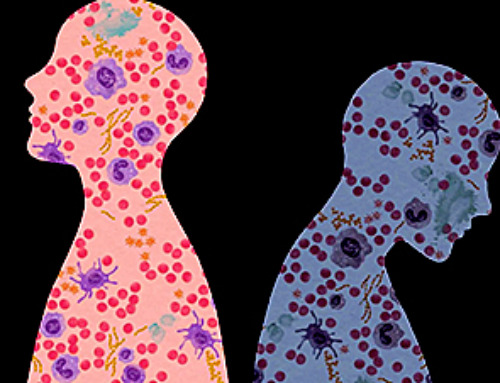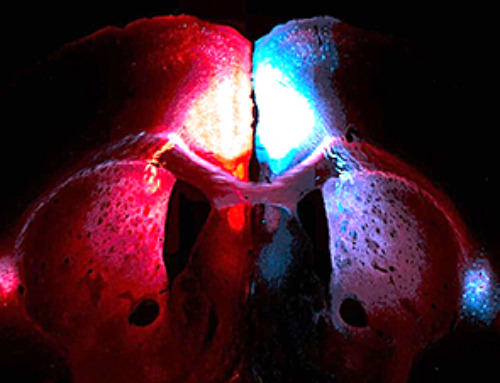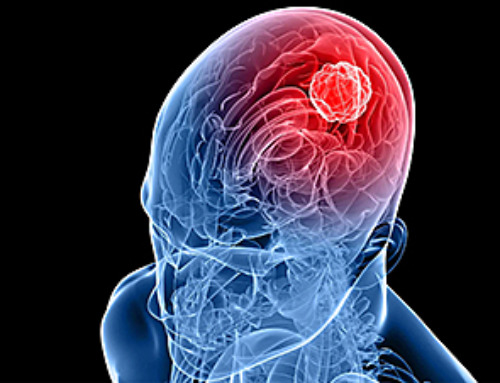For decades, people believed absolute pitch was an exclusive ability granted only to those with the right genetics or early music training. But new research from the University of Surrey proves otherwise.
It's been a long-held belief that absolute pitch — the ability to identify musical notes without a reference — is a rare talent limited to those with specific genetic traits or early musical training. However, new research from the University of Surrey challenges this idea, showing that adults can develop absolute pitch through dedicated training.
The study, published today in Psychonomic Bulletin & Review, followed 12 adult musicians with varying levels of experience as they completed an eight-week online training program. Unlike previous research, which often focused on recognizing exact pitch heights, this program emphasized learning pitch classes — the core of absolute pitch. To prevent reliance on relative pitch strategies, participants were trained without external cues or mental note comparisons. They also had to complete the final level multiple times to rule out lucky guesses.
Despite the common belief that absolute pitch cannot be learned in adulthood, the participants showed remarkable progress. On average, they successfully identified seven musical pitches with at least 90% accuracy. Two individuals even demonstrated perfect recognition of all twelve pitches, performing at a level comparable to those naturally possessing absolute pitch.
Dr. Yetta Wong, principal investigator and lecturer at the University of Surrey said:
"Our findings provide compelling evidence that absolute pitch is not limited to a select few. With focused training, adults can acquire this remarkable skill, much like how they learn other complex cognitive skills."
Dr. Alan Wong, co-author of the paper and senior lecturer at Surrey's School of Psychology added:
"This research has significant implications for our understanding of musical cognition and learning and opens doors for musicians of all ages to explore and develop their musicality to its fullest potential."
Reference: "Learning fast and accurate absolute pitch judgment in adulthood" by Yetta Kwailing Wong, Leo Y. T. Cheung, Vince S. H. Ngan and Alan C.-N. Wong, 12 February 2025, Psychonomic Bulletin & Review.
DOI: 10.3758/s13423-024-02620-2
News
Blindness Breakthrough? This Snail Regrows Eyes in 30 Days
A snail that regrows its eyes may hold the genetic clues to restoring human sight. Human eyes are intricate organs that cannot regrow once damaged. Surprisingly, they share key structural features with the eyes [...]
This Is Why the Same Virus Hits People So Differently
Scientists have mapped how genetics and life experiences leave lasting epigenetic marks on immune cells. The discovery helps explain why people respond so differently to the same infections and could lead to more personalized [...]
Rejuvenating neurons restores learning and memory in mice
EPFL scientists report that briefly switching on three “reprogramming” genes in a small set of memory-trace neurons restored memory in aged mice and in mouse models of Alzheimer’s disease to level of healthy young [...]
New book from Nanoappsmedical Inc. – Global Health Care Equivalency
A new book by Frank Boehm, NanoappsMedical Inc. Founder. This groundbreaking volume explores the vision of a Global Health Care Equivalency (GHCE) system powered by artificial intelligence and quantum computing technologies, operating on secure [...]
New Molecule Blocks Deadliest Brain Cancer at Its Genetic Root
Researchers have identified a molecule that disrupts a critical gene in glioblastoma. Scientists at the UVA Comprehensive Cancer Center say they have found a small molecule that can shut down a gene tied to glioblastoma, a [...]
Scientists Finally Solve a 30-Year-Old Cancer Mystery Hidden in Rye Pollen
Nearly 30 years after rye pollen molecules were shown to slow tumor growth in animals, scientists have finally determined their exact three-dimensional structures. Nearly 30 years ago, researchers noticed something surprising in rye pollen: [...]
NanoMedical Brain/Cloud Interface – Explorations and Implications. A new book from Frank Boehm
New book from Frank Boehm, NanoappsMedical Inc Founder: This book explores the future hypothetical possibility that the cerebral cortex of the human brain might be seamlessly, safely, and securely connected with the Cloud via [...]
How lipid nanoparticles carrying vaccines release their cargo
A study from FAU has shown that lipid nanoparticles restructure their membrane significantly after being absorbed into a cell and ending up in an acidic environment. Vaccines and other medicines are often packed in [...]
New book from NanoappsMedical Inc – Molecular Manufacturing: The Future of Nanomedicine
This book explores the revolutionary potential of atomically precise manufacturing technologies to transform global healthcare, as well as practically every other sector across society. This forward-thinking volume examines how envisaged Factory@Home systems might enable the cost-effective [...]
A Virus Designed in the Lab Could Help Defeat Antibiotic Resistance
Scientists can now design bacteria-killing viruses from DNA, opening a faster path to fighting superbugs. Bacteriophages have been used as treatments for bacterial infections for more than a century. Interest in these viruses is rising [...]
Sleep Deprivation Triggers a Strange Brain Cleanup
When you don’t sleep enough, your brain may clean itself at the exact moment you need it to think. Most people recognize the sensation. After a night of inadequate sleep, staying focused becomes harder [...]
Lab-grown corticospinal neurons offer new models for ALS and spinal injuries
Researchers have developed a way to grow a highly specialized subset of brain nerve cells that are involved in motor neuron disease and damaged in spinal injuries. Their study, published today in eLife as the final [...]
Urgent warning over deadly ‘brain swelling’ virus amid fears it could spread globally
Airports across Asia have been put on high alert after India confirmed two cases of the deadly Nipah virus in the state of West Bengal over the past month. Thailand, Nepal and Vietnam are among the [...]
This Vaccine Stops Bird Flu Before It Reaches the Lungs
A new nasal spray vaccine could stop bird flu at the door — blocking infection, reducing spread, and helping head off the next pandemic. Since first appearing in the United States in 2014, H5N1 [...]
These two viruses may become the next public health threats, scientists say
Two emerging pathogens with animal origins—influenza D virus and canine coronavirus—have so far been quietly flying under the radar, but researchers warn conditions are ripe for the viruses to spread more widely among humans. [...]
COVID-19 viral fragments shown to target and kill specific immune cells
COVID-19 viral fragments shown to target and kill specific immune cells in UCLA-led study Clues about extreme cases and omicron’s effects come from a cross-disciplinary international research team New research shows that after the [...]





















